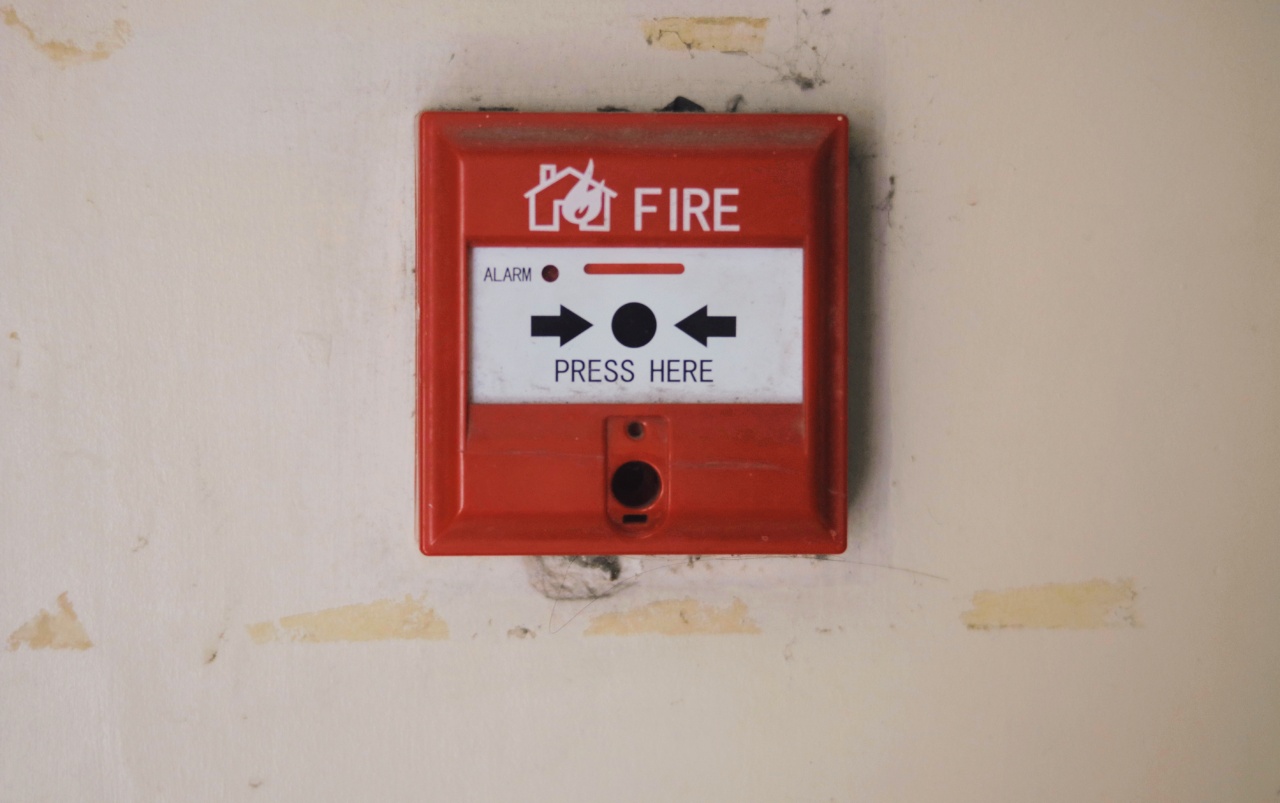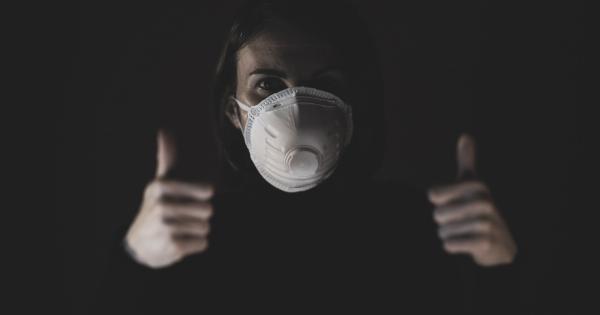Cancer is a devastating disease that affects millions of people worldwide. It is a leading cause of death, accounting for one in six deaths globally.
While cancer can be challenging to treat, early detection and prevention play a crucial role in reducing its impact. In this article, we will explore the prevention and detection strategies for the five most common cancers: breast, lung, colorectal, prostate, and skin cancer.
Breast Cancer
1. Regular Self-Exams: Women should perform regular self-examinations of their breasts to detect any lumps or changes in texture or appearance. If any abnormality is noticed, they should consult a healthcare professional immediately.
2. Mammograms: Regular mammograms are essential for the early detection of breast cancer.
Women aged 40 and above should have mammograms every one to two years, while those at higher risk may need to start screening earlier or have it done more frequently.
3. Healthy Lifestyle Choices: Maintaining a healthy lifestyle can significantly reduce the risk of breast cancer.
Engaging in regular exercise, maintaining a balanced diet, limiting alcohol consumption, and avoiding smoking are all important preventive measures.
Lung Cancer
1. Smoking Cessation: The most critical preventive measure for lung cancer is quitting smoking. Smoking is the leading cause of lung cancer, responsible for approximately 85% of all cases.
Consult your healthcare provider for effective smoking cessation methods.
2. Radon Testing: Radon is a radioactive gas found in soil, rocks, and water that can seep into buildings. Prolonged exposure to radon increases the risk of lung cancer.
Testing your home for radon and taking necessary measures to reduce its levels can help prevent lung cancer.
3. Occupational Safety: Occupational exposure to certain substances like asbestos, arsenic, and diesel exhaust can significantly increase the risk of lung cancer.
It is crucial to follow safety guidelines and protocols to minimize exposure in the workplace.
Colorectal Cancer
1. Regular Screenings: Regular screenings for colorectal cancer, such as colonoscopies or stool tests, can help detect precancerous polyps or early-stage cancer.
The American Cancer Society recommends starting screenings at age 45 for individuals at average risk.
2. High-Fiber Diet: Consuming a diet rich in fruits, vegetables, and whole grains can help prevent colorectal cancer. These foods are high in fiber, which aids digestion and prevents the development of cancerous cells in the colon and rectum.
3. Exercise and Weight Management: Engaging in regular physical activity and maintaining a healthy weight can reduce the risk of colorectal cancer.
Aim for at least 150 minutes of moderate-intensity exercise or 75 minutes of vigorous-intensity exercise per week.
Prostate Cancer
1. Routine Check-ups: Regular check-ups with a healthcare provider can help monitor prostate health and detect any abnormalities. Prostate-specific antigen (PSA) blood tests and digital rectal exams are common screening methods for prostate cancer.
2. Healthy Diet: Consuming a diet rich in fruits, vegetables, and whole grains and low in red and processed meats may reduce the risk of prostate cancer.
Some studies suggest that certain nutrients like lycopene, found in tomatoes, may have a protective effect.
3.
Age-appropriate Decision-making: For men at higher risk or with a family history of prostate cancer, it is essential to discuss potential preventive measures or screening options with their healthcare provider to make informed decisions based on individual circumstances.
Skin Cancer
1. Sun Protection: Protecting your skin from harmful UV rays is crucial in preventing skin cancer. Apply sunscreen with at least SPF 30, wear protective clothing, hats, and sunglasses, and avoid direct sun exposure during peak hours.
2. Regular Skin Examinations: Perform regular self-examinations of your skin to detect any new moles, growths, or changes in existing moles. Any suspicious or concerning findings should be promptly reported to a dermatologist.
3. Avoid Tanning Beds: Tanning beds emit harmful UV radiation and significantly increase the risk of skin cancer. Avoiding tanning beds altogether can help protect your skin and lower the chance of developing skin cancer.

























